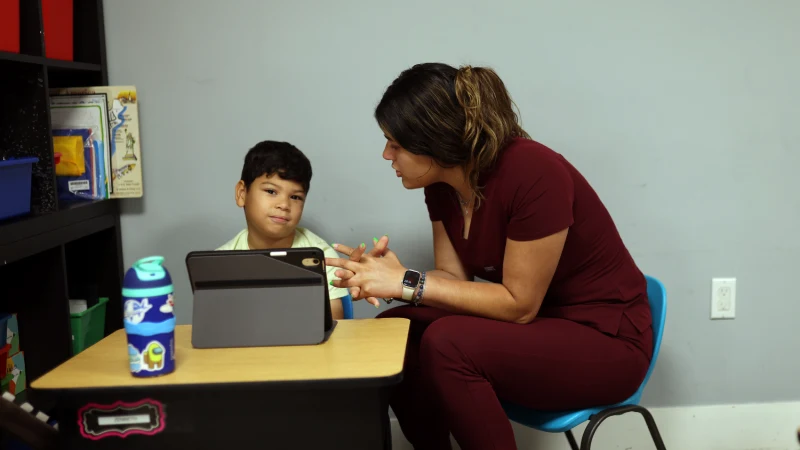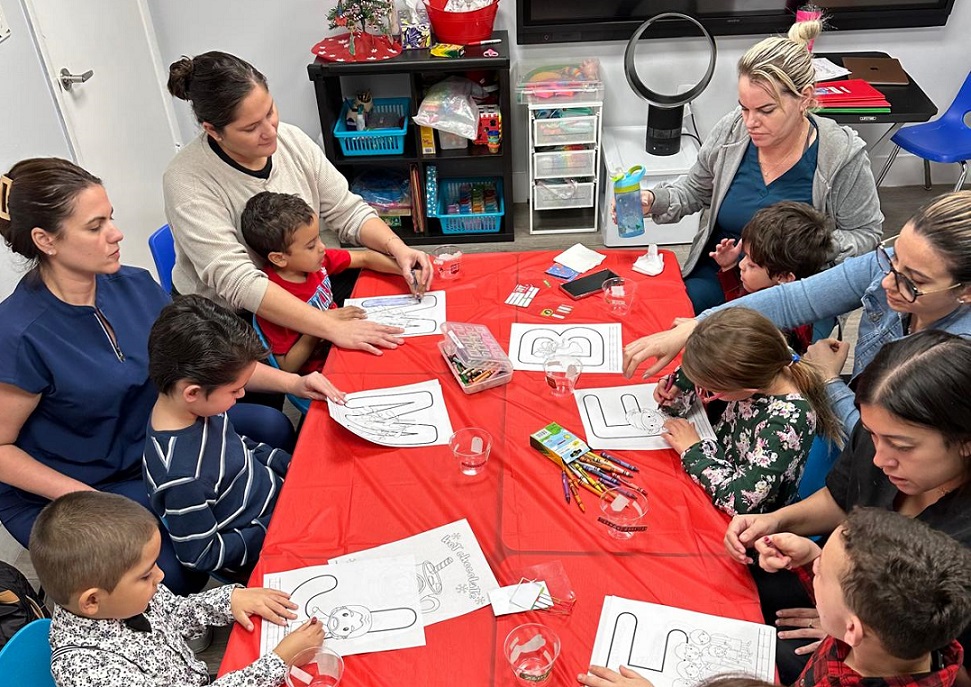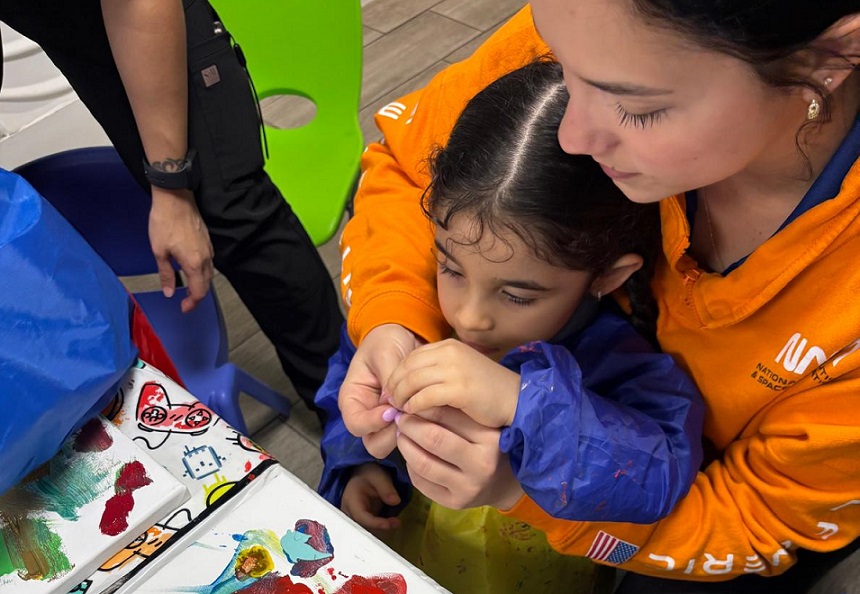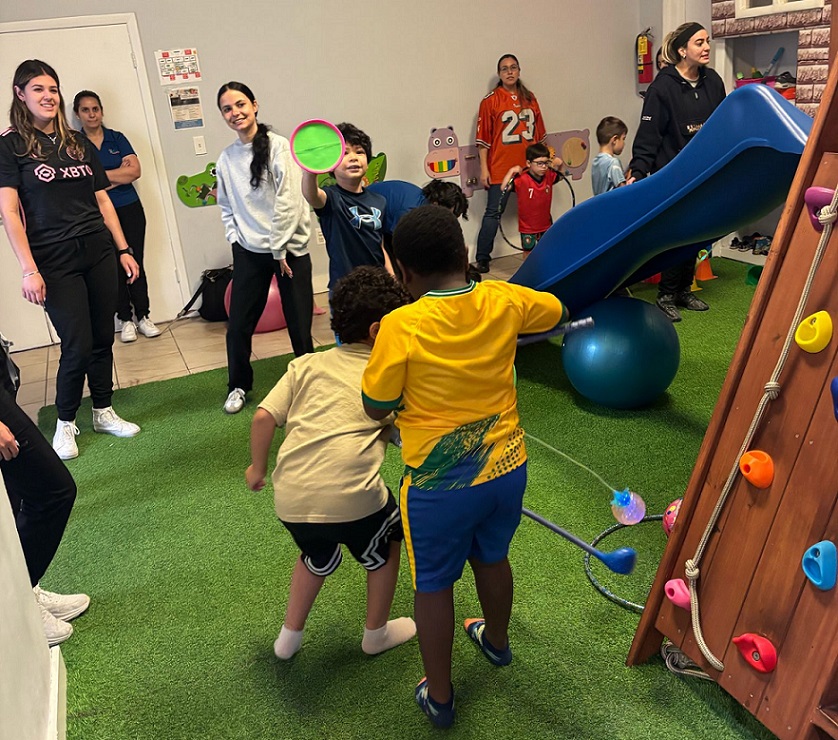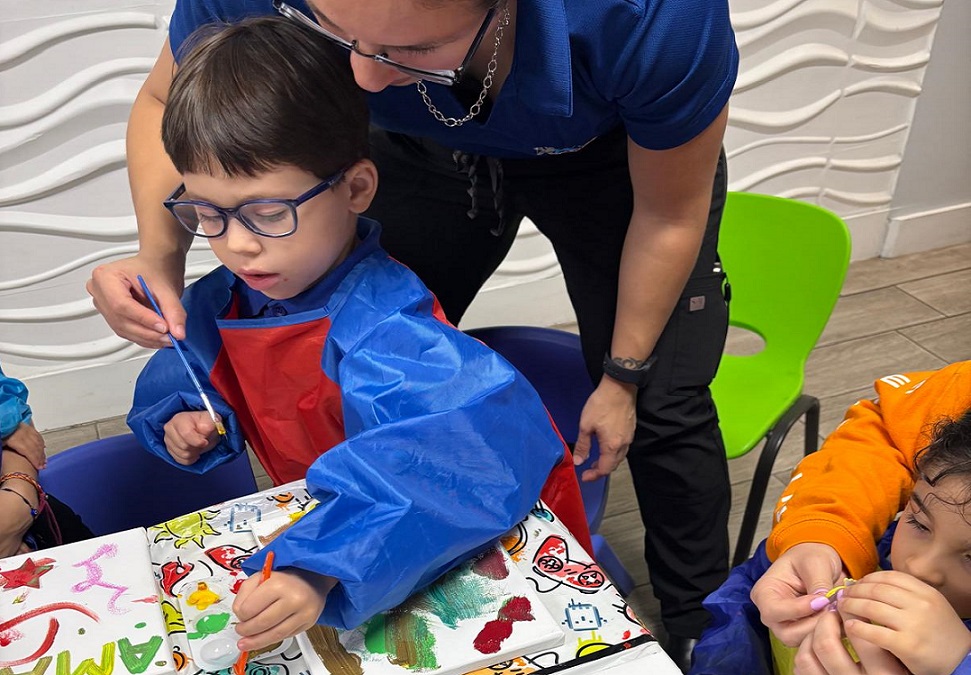For parents of children with autism, every new space dedicated to their child’s well-being represents a new hope. However, the environment—be it the home, the school, or the community—plays a fundamental role in the development of their social skills.
Just as a poorly adapted environment can generate overstimulation and stress, an autism-friendly environment can unleash their growth potential. Based on this maxim, Koala ABA & Learning Centers has decided to champion ABA Therapy in Tampa.
At our new Koala ABA Tampa, Florida, location, our mission goes beyond the individual therapy session. We firmly believe in creating inclusive support ecosystems where every child feels valued and capable of thriving.
Join us to explore how we are transforming every everyday space in Tampa into an opportunity for success!
Keep reading!
What Makes an Environment Truly Autism-Friendly in Tampa?
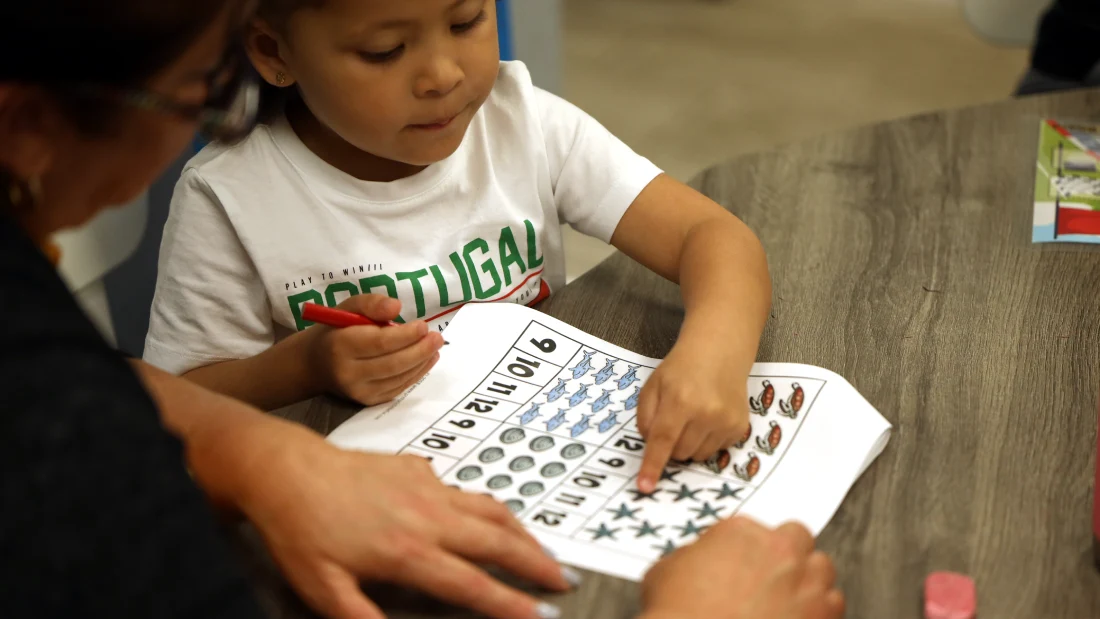
The need for environmental adaptation is key to stability and learning for children with autism. When we talk about autism support in Tampa, that conversation must begin with the very architecture of the spaces being used.
An environment that is truly autism-friendly is one that is intentionally designed to minimize sensory challenges (noise, light, visual clutter) while simultaneously maximizing structure and predictability.
Similarly, a well-designed environment is an active ally that contributes to behavior improvement and drastically reduces anxiety in your child. Thus, when the space is controlled, the mind opens itself up to learning.
What are the fundamental pillars that define these spaces supporting ABA Therapy in Tampa? Here they are:
- Visual Clarity: Use of boundaries, simple signage, and visual routines that eliminate uncertainty about what will happen next.
- Sensory Control: Regulation of harsh lighting, reduction of background noise, and provision of quiet break areas for self-regulation.
- Function and Autonomy: A furniture arrangement that minimizes distractions and promotes the child’s independence.
How Does Sensory Design Become a Structured Environment?
The way spaces respond to sensory stimulation is fundamental to the development of social skills in children with autism. Therefore, a structured environment helps them process information without experiencing overstimulation, laying the groundwork for the success of ABA therapy.
Implementing these changes allows them to take control over their own sensory experience:
- Calm Lighting: Prioritize natural light or warm-toned lamps; harsh fluorescent lights can cause sensory overload.
- Self-Regulation Corners: Designate a safe area (with cushions or noise-canceling headphones) where the child can calm down when environmental stress levels rise.
- Noise Attenuation: Use carpets or acoustic panels to dampen environmental noise when necessary.
How Do We Create a Bridge to Community Inclusion in Tampa?
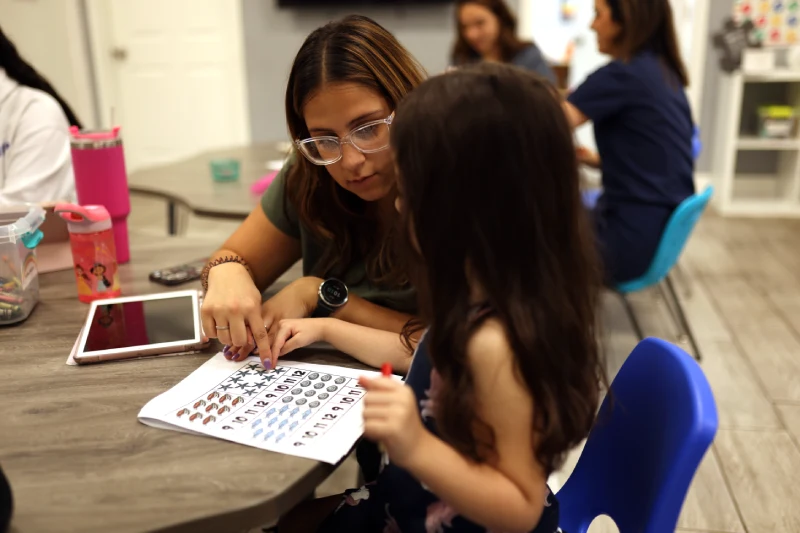
You should know that a well-designed space is only half the success; the other half is equipping every child with the necessary tools to thrive in their environment. This is where ABA Therapy in Tampa acts as a bridge between the safety of home and the complexity of community inclusion.
ABA therapy uses evidence-based interventions so that children with autism can apply their communication skills in real situations. Additionally, we ensure that growth is also relevant to daily life, through these three key steps:
- Structured Teaching: We teach complex social skills (such as turn-taking or waiting) in a structured setting.
- Skill Generalization: Skills are practiced in various locations and with different people whenever possible.
- Practical Independence: We actively encourage daily living skills essential for their active participation in the community.
Flexible ABA Support: From Home to School.
For your child’s progress to be truly significant, ABA Therapy in Tampa support must be flexible yet constant. That’s why our ABA programs are not confined to one location but adapt to real life, ensuring deep learning within the context of their day-to-day activities.
Among the most common examples of diverse settings where ABA Therapy in Tampa is applied, we have:
- In-Home ABA Therapy: We address behavior improvement challenges directly in the habitual context (such as sleep routines or mealtimes), offering maximum practicality.
- In-School ABA Therapy: We collaborate with teachers and assistants to implement direct support strategies within the classroom, maximizing academic and social success.
- The Community: We conduct practice sessions in real-world settings like parks or museums, making community inclusion in Tampa an effective, tangible, and natural reality.
Frequently Asked Questions about ABA Therapy in Tampa.
1. What is ABA Therapy and how does it help children with autism?
ABA Therapy is a scientific approach used to teach and reinforce positive behaviors. At Koala ABA Tampa, we apply personalized ABA strategies to improve the social skills, communication, and autonomy of children with autism.
2. Why is it important to adapt spaces for children with autism?
A sensory-friendly environment allows children to feel safe, reducing anxiety and facilitating learning. Where environments are not adapted, Koala ABA promotes the creation of spaces that favor calm, visual organization, and predictability.
3. How is ABA Therapy applied in different environments in Tampa?
Our ABA programs are developed in diverse contexts:
- At home, to reinforce daily routines and functional behaviors.
- In school, collaborating with teachers to promote academic and social inclusion.
- In the community, practicing skills in real situations to foster independence and social integration.
4. What sets Koala ABA Tampa apart from other ABA therapy centers?
At Koala ABA Tampa, every program is designed after a comprehensive child evaluation, applying evidence-based interventions tailored to the family and school environment. Furthermore, our approach includes active collaboration with parents and educators, ensuring sustainable progress.
ABA Therapy in Tampa: Koala ABA’s Path to True Inclusion.
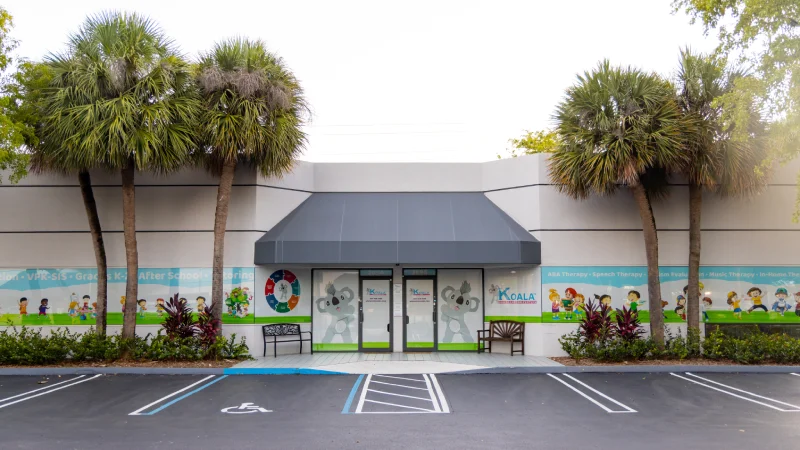
At Koala ABA & Learning Centers Tampa, we believe that every child with autism has immense potential, only needing the right environment and guidance to flourish. Therefore, our ABA Therapy in Tampa is designed to accompany every family in this process of discovery.
More than a therapeutic center, we are a space where science and empathy combine to create meaningful experiences. Every therapy session is carefully planned according to your child’s needs, with personalized strategies that promote independence and communication.
Thus, our approach is based on three essential pillars:
- Comprehensive Autism Evaluations: We deeply analyze your child’s communication and behavior patterns before designing any program.
- Individualized ABA Plans: We design personalized interventions that adapt to the family and school environment, promoting daily living skills.
- Evidence-Based Interventions: We apply clinically proven methods that guarantee sustainable progress and measurable results.
At Koala ABA Tampa, we work alongside schools, families, and local communities to tear down barriers and build truly autism-friendly spaces throughout the Tampa area.
If you are looking for a place where your child is understood, supported, and celebrated unconditionally, Koala ABA Tampa is here to accompany you.
Visit us at 4830 W Kennedy Blvd, Tampa, FL 33609, or schedule your first appointment today!
Koala ABA Tampa: where every child finds their place to shine.
